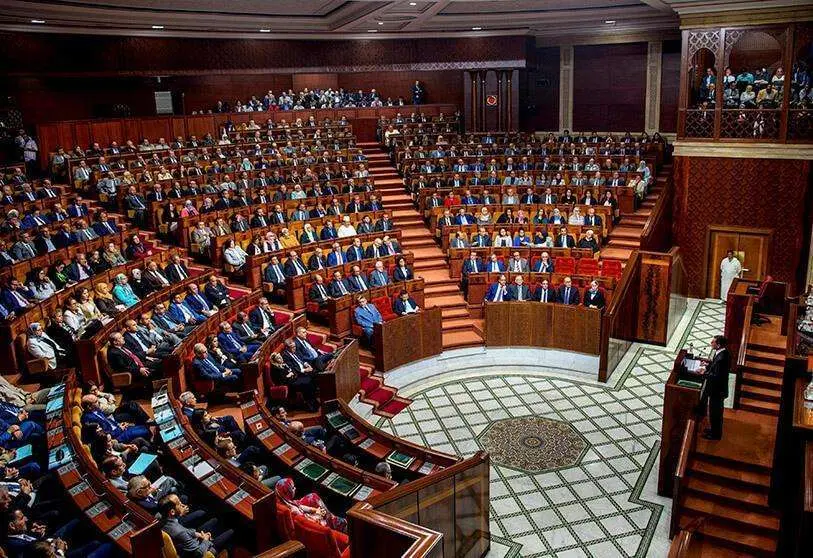Discrepancias en Marruecos por el papel de los jóvenes en política

The country has been immersed for several months in the development of a new Electoral Law to come into force for the elections scheduled for September this year. These elections will apparently be held despite the impact of the coronavirus. At the beginning of the year King Mohammed VI held a round of consultations with the various Moroccan political parties to assess the proposals and attempt to design a framework for negotiating the reform.
However, in recent weeks a debate has been gaining ground in the political discourse of various parties that affects the role young people play in Moroccan politics. In 2011 a mechanism was introduced into the Electoral Law whereby 30 seats in the House of Representatives, the Moroccan Parliament, were reserved for candidates under 40 years of age, whether or not they belonged to the youth branches of the parties. Similarly, another 60 seats on this National List would be reserved for women.
In this respect, the parties are discussing new mechanisms to abolish the reservation of these seats and to have both young people and women on the lists of constituencies. However, youth associations and the younger spheres of the parties are demanding that the current format guarantees the inclusion of young people, and that it does not depend on the good will of the parties, which is not always the case.

Young people from several political parties, including those with the largest representation, have issued a statement expressing the importance of youth in the political life of the country, and claiming their role in parliamentary work. "The abolition of this mechanism would push young people out of political action and institutional work," the statement said. The young people have called for a review of their role and activity in Parliament to ensure that their national list is maintained. The young people say that their role in proposing proposals both in Parliament and in the various committees "is key to responding to citizens' concerns, improving legislative work and evaluating public policies".
The debate between the parties is being followed from the Ministry of the Interior, although there is still no position on the matter and the legal texts will be made known in the coming weeks, pending agreement or finally it is Abdelouafi Laftit, the current Minister of the Interior, who is in charge of deciding. Other aspects such as the change of election day from Friday, which is currently the day of prayer, and the reduction in the number of public representatives are also on the table in this new electoral law that is being implemented.








